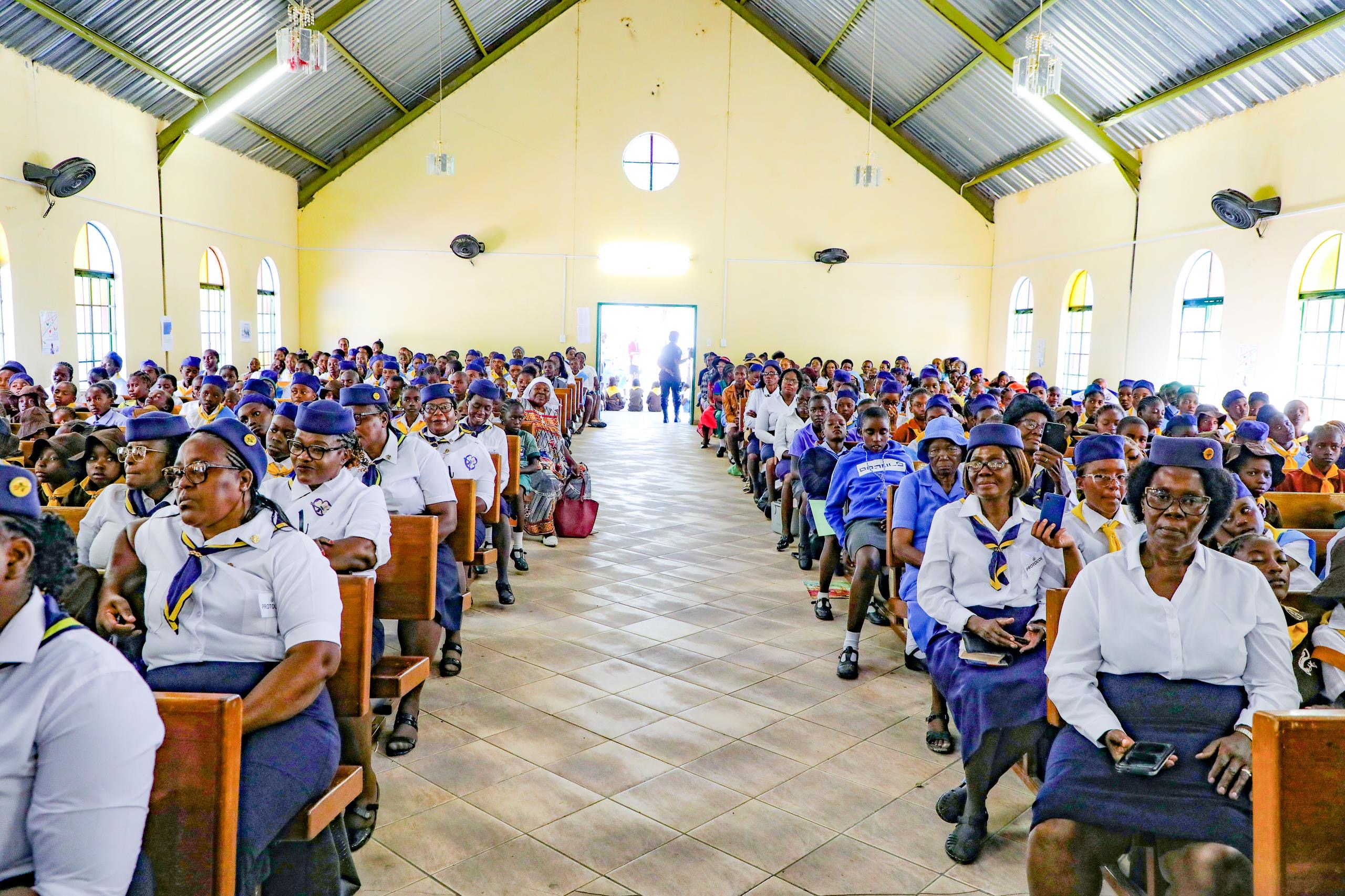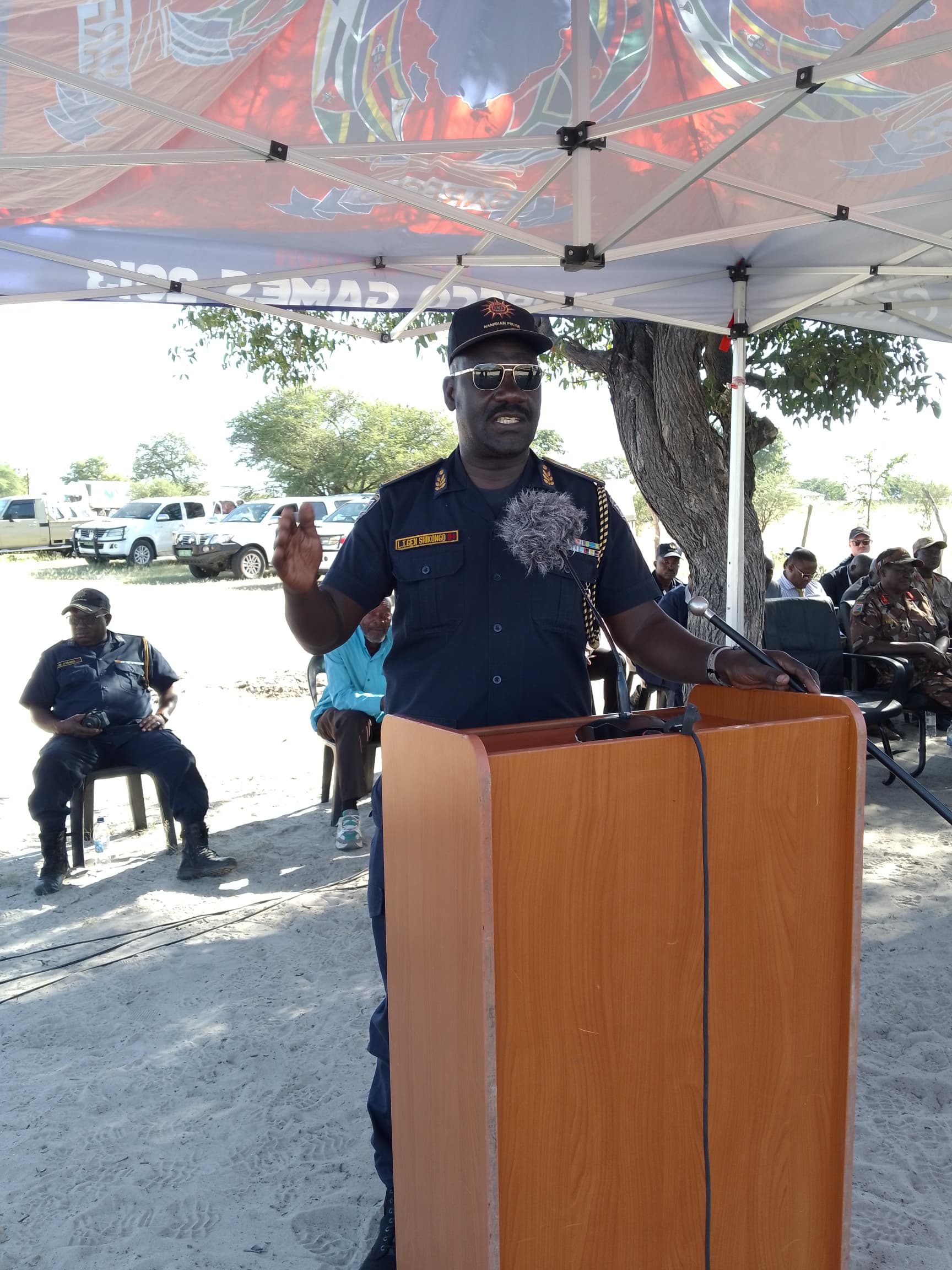WE received your letter with great disappointment and we are eager to address your concerns with honestly and integrity.
MultiChoice is fully aware of the rain-fade problems we have encountered during the past few months. The situation in Namibia is not unique, as global statistics will prove.The satellite signal in Namibia is the same as that in South Africa (Pas 7) and hence there will be no difference in the strength or the signal received, the only differentiating factor is the volume and intensity of the rain received in each geographic area.Some subscribers are unaware of the need to inspect and protect the eye (LNB) of the dish installations.Our extreme heat does take its toll on the equipment and moisture can interrupt the effectiveness of the reception.If you “Google” rain fade on the Internet you will receive the addresses of 6.480,000 sites.I attach a printout of the first search result that refers to rain-fade problems across America.here are several more from Australia and Europe.As can be seen, the signal attenuation is directly proportional to the rainfall rate in mm/hr.As the rainfall rate increases, the raindrop size increases and creates a barrier to the signal from the satellite.Generally for DTH purposes, the annual average signal availability is calculated to be 99.5%.This calculation assumes that the appropriate dish is used and that it is correctly aligned for peak performance.Problems are often encountered in low-rainfall areas because installers do not peak the dishes under the normally clear-sky conditions.The signal will be lost when it rains heavily or during solar outages when the dish is too small and/or it has not been installed for peak performance.Should reception in general in Namibia be a problem, we would have been inundated with calls and our own staff surely would indicate such problems – all our staff and in our office use normal reception equipment (not specialised equipment).We have to reiterate that maintenance and correct alignment of the dish is imperative to ensure that subscribers maximise their signal quality.We have recently placed several advertisements in all the major newspapers of the details of installation companies that can be contacted to assist with this.With respect to our service, we cannot respond to general comments.If a specific incident is reported, however, our management is fully committed looking into it and taking corrective action.We continually invest in product and customer service training of our staff.We remain committed to providing world-class content and with the introduction of the PVR; subscribers now have the choice to record their favourite programming and to view them at their leisure.We are not in a position to refund subscribers during incidences of rain fade.Should the writer of this letter be willing to contact the management of MultiChoice Namibia directly, we would be keen to assist in checking the effectiveness of his or her installation at home.Wilmarie MultiChoiceThe situation in Namibia is not unique, as global statistics will prove.The satellite signal in Namibia is the same as that in South Africa (Pas 7) and hence there will be no difference in the strength or the signal received, the only differentiating factor is the volume and intensity of the rain received in each geographic area. Some subscribers are unaware of the need to inspect and protect the eye (LNB) of the dish installations.Our extreme heat does take its toll on the equipment and moisture can interrupt the effectiveness of the reception.If you “Google” rain fade on the Internet you will receive the addresses of 6.480,000 sites.I attach a printout of the first search result that refers to rain-fade problems across America.here are several more from Australia and Europe.As can be seen, the signal attenuation is directly proportional to the rainfall rate in mm/hr.As the rainfall rate increases, the raindrop size increases and creates a barrier to the signal from the satellite.Generally for DTH purposes, the annual average signal availability is calculated to be 99.5%.This calculation assumes that the appropriate dish is used and that it is correctly aligned for peak performance.Problems are often encountered in low-rainfall areas because installers do not peak the dishes under the normally clear-sky conditions.The signal will be lost when it rains heavily or during solar outages when the dish is too small and/or it has not been installed for peak performance.Should reception in general in Namibia be a problem, we would have been inundated with calls and our own staff surely would indicate such problems – all our staff and in our office use normal reception equipment (not specialised equipment). We have to reiterate that maintenance and correct alignment of the dish is imperative to ensure that subscribers maximise their signal quality.We have recently placed several advertisements in all the major newspapers of the details of installation companies that can be contacted to assist with this.With respect to our service, we cannot respond to general comments.If a specific incident is reported, however, our management is fully committed looking into it and taking corrective action.We continually invest in product and customer service training of our staff.We remain committed to providing world-class content and with the introduction of the PVR; subscribers now have the choice to record their favourite programming and to view them at their leisure.We are not in a position to refund subscribers during incidences of rain fade.Should the writer of this letter be willing to contact the management of MultiChoice Namibia directly, we would be keen to assist in checking the effectiveness of his or her installation at home. Wilmarie MultiChoice
Stay informed with The Namibian – your source for credible journalism. Get in-depth reporting and opinions for
only N$85 a month. Invest in journalism, invest in democracy –
Subscribe Now!










